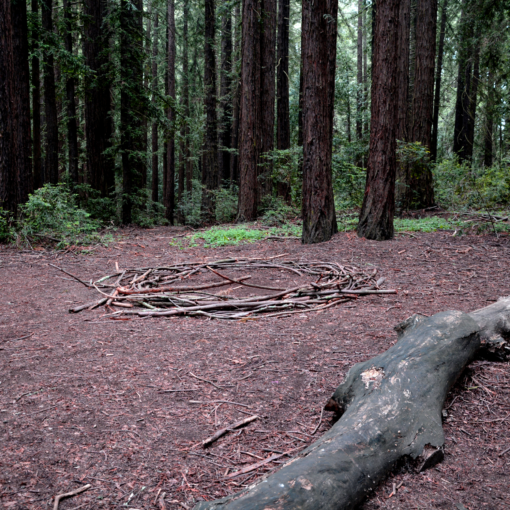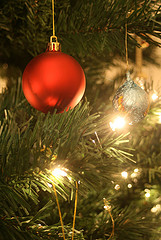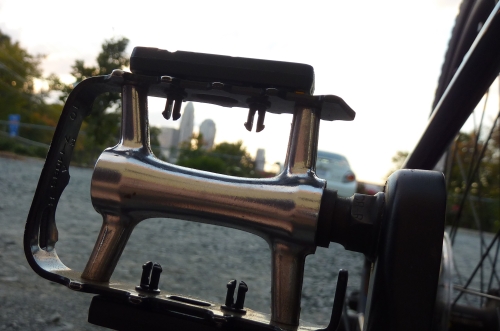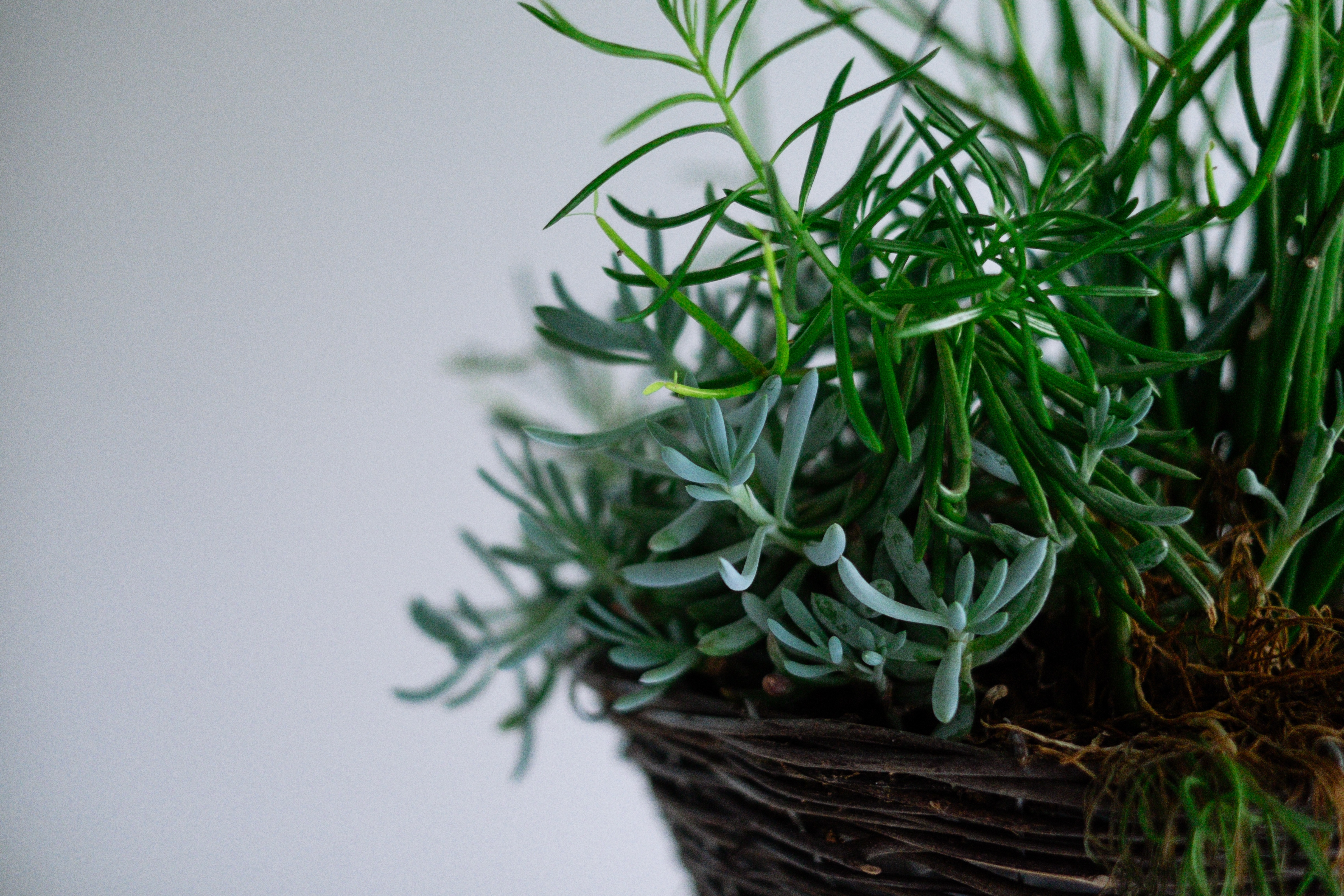Sound, a defining feature of our environment, tells the story of the world around us. The familiar hustle and bustle of city life, with its cacophony of vehicles, sirens, leaf blowers, and ringing phones, is a hallmark of urban living. While these city sounds may fade into the background for some, they can be an overwhelming intrusion for others. In stark contrast, the wilderness offers a serene escape from this man-made symphony, allowing us to be serenaded by the gentle whispers of the wind and the harmonious melodies of wildlife. The streetscape noise fades away once in the wilderness, but […]
Life
It is a common scenario: when we get lost in the wilderness, we wind up walking in circles. Much to our dismay, at some point we’ll revisit our tracks and feel despair that we’ll never make it out of this loop and back to civilization. The German research scientist, Jan Souman’s empirical data confirms that humans have a tendency to not only walk lopsided but to self-navigate within a loop when lost. Favoring Loops in Poor Visibility In the study, participants were instructed to walk straight from two different starting positions (marked as red dots). The blue line represents the […]
We harvest trees for various practical purposes – lumber, furniture, paper, writing utensils, boats, signs, musical instruments, crates, boxes, cellophane, adhesive, and more. Most trees are harvested for valuable and long-lasting purposes, while the Christmas Tree has no purpose other than to act as a fleeting ornament. This time of year, millions of Balsam, Douglas, and Fraser Fir trees are chopped from the earth, exchanged for pulp dollar bills, and hauled home. The cut tree is carefully positioned indoors and embellished with lights, ornaments, and ribbon, marking the once-living tree an adored “Christmas Tree.” After a brief 3 – 4 […]
“The ultimate test of man’s conscience may be his willingness to sacrifice something today for future generations whose words of thanks will not be heard.”— Gaylord Nelson There are so many ways we can minimize our impact. Here are a few things that we practice here at Outdoor Herbivore. Clothing and Gear Purchase, sell or swap used outdoor gear at Gear Trade (USA). Buy less clothing by purchasing higher-quality items that will last longer. Look for lightweight, compressible and durable fabrics. Items made or blended with polyester, nylon, hemp, spandex (lycra), or wool are excellent choices. These materials will provide strength and flexibility, are […]
Plants are beneficial. They energize us by creating fresh and clean air, balance internal humidity, inspire creativity, and provide a soothing environment. It is easy to create an indoor green haven inside your office and home by keeping a few common plants around your space. The Benefits of Keeping Plants at Home and Work 1. Plants Remove Pollution Common house plants are effective in removing indoor air pollution. All plants clean the air by absorbing carbon dioxide and releasing oxygen through a process called photosynthesis. This process filters the air we breathe by absorbing harmful pollutants, including carbon monoxide, formaldehyde, […]




